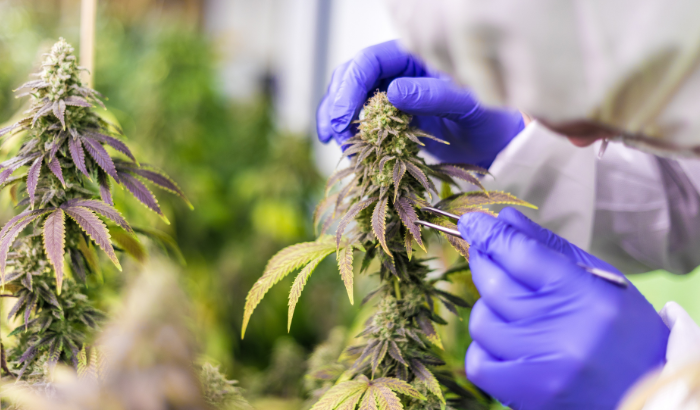
“With emerging evidence in other states and countries related to the clinical importance of cannabis, it’s high time that Massachusetts joins the global movement researching medical cannabis.”
Even as someone who has covered the opioid crisis extensively for 20 years at this point, I never liked the idea of cannabis tax revenue automatically going to fix problems spurred by Big Pharma. If some weed money does end up being used for that critical issue, that’s fine, but the automatic linking of cannabis and Oxy just rubs me wrong—especially since we may have likely had less nightmares with the latter if the former had been legalized sooner.
With that said, I am obviously fine with funds from those same Big Pharma goons going toward the crisis they cultivated. Also, it seems more than fair to have some of those monies allocated for cannabis research funding since countless victims of the opioid epidemic have turned to green meds and solutions, with more following suit daily.
The cash in question comes from Massachusetts reaching “settlements with two pharmaceutical manufacturers, Teva and Allergan, and three pharmacies, CVS, Walgreens, and Walmart,” among others. A highlight reel of Mass wins in the wake of horror on this front includes a July 2021 announcement that former AG (now Gov.) Maura Healey reached a “$26 billion resolution with opioid distributors and Johnson & Johnson, which will provide more than $500 million to the Commonwealth and its cities and towns for prevention, harm reduction, treatment, and recovery across Massachusetts.”
Under the terms of these agreements, “40% of abatement funds coming into Massachusetts under statewide opioid settlements will be allocated to municipalities to expend on abatement strategies developed with input from public health experts, municipal leaders, and families affected by the crisis; and 60% of the abatement funds will be allocated to the state’s Opioid Recovery and Remediation Fund to fund additional prevention, harm reduction, treatment, and recovery programs throughout Massachusetts.”
Cannabis advocates have been pushing for some of those allocations to include cannabinoid research, and a new bill filed by state Rep. Michael Sotor would put $10 million aside for the cause. The language includes:
There shall be a Massachusetts Medical Marijuana Research Fund to research the applications of medical marijuana in commonwealth as it relates to treatment for conditions including cancer, amyotrophic lateral sclerosis, Parkinson’s disease, Alzheimer’s disease, HIV/AIDS, epilepsy, seizures, glaucoma and multiple sclerosis, and any other medical conditions identified by the research director of the cannabis control commission.
Expenditures from the fund shall be made by the cannabis control commission, without further appropriation and consistent with the terms of settlements made in connection with claims arising from the manufacture, marketing, distribution or dispensing of opioids, as applicable. The research director at the cannabis control commission shall administer the fund, in consultation with the commissioners of the cannabis control commission.
“Passing Bill HD1650 would provide much needed funding to conduct medical cannabis research studies in Massachusetts,” said Marion McNabb, a member of the Cannabis Control Commission’s Cannabis Advisory Board’s Research Subcommittee and president of the Cannabis Center of Excellence. “With emerging evidence in other states and countries related to the clinical importance of cannabis, it’s high time that Massachusetts joins the global movement researching medical cannabis for a variety of conditions and symptoms.”
McNabb continued, “HD1650 would provide funding for clinicians and researchers in the commonwealth to work together to implement robust, evidence-informed clinical and epidemiologic research studies, including those that focus on the role cannabis can play as a harm reduction method for those impacted by the opioid epidemic.”


























